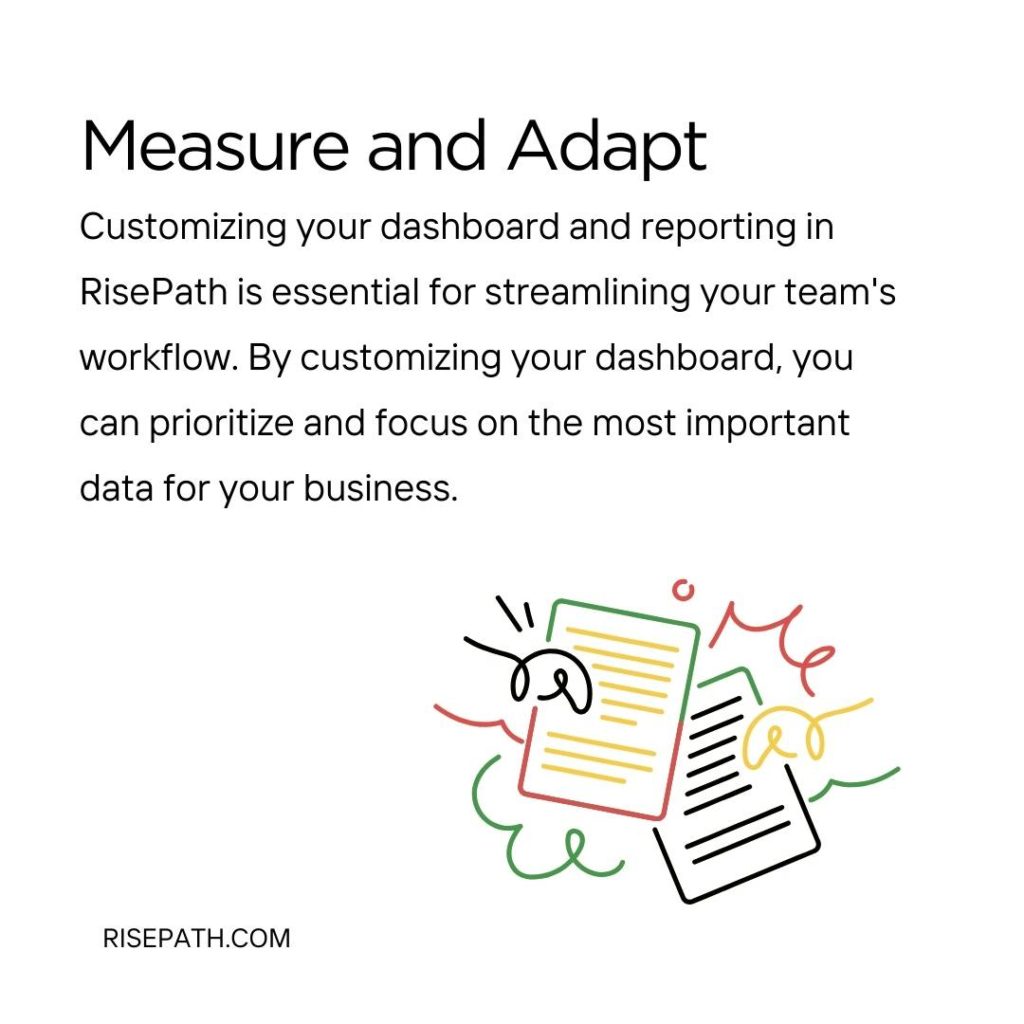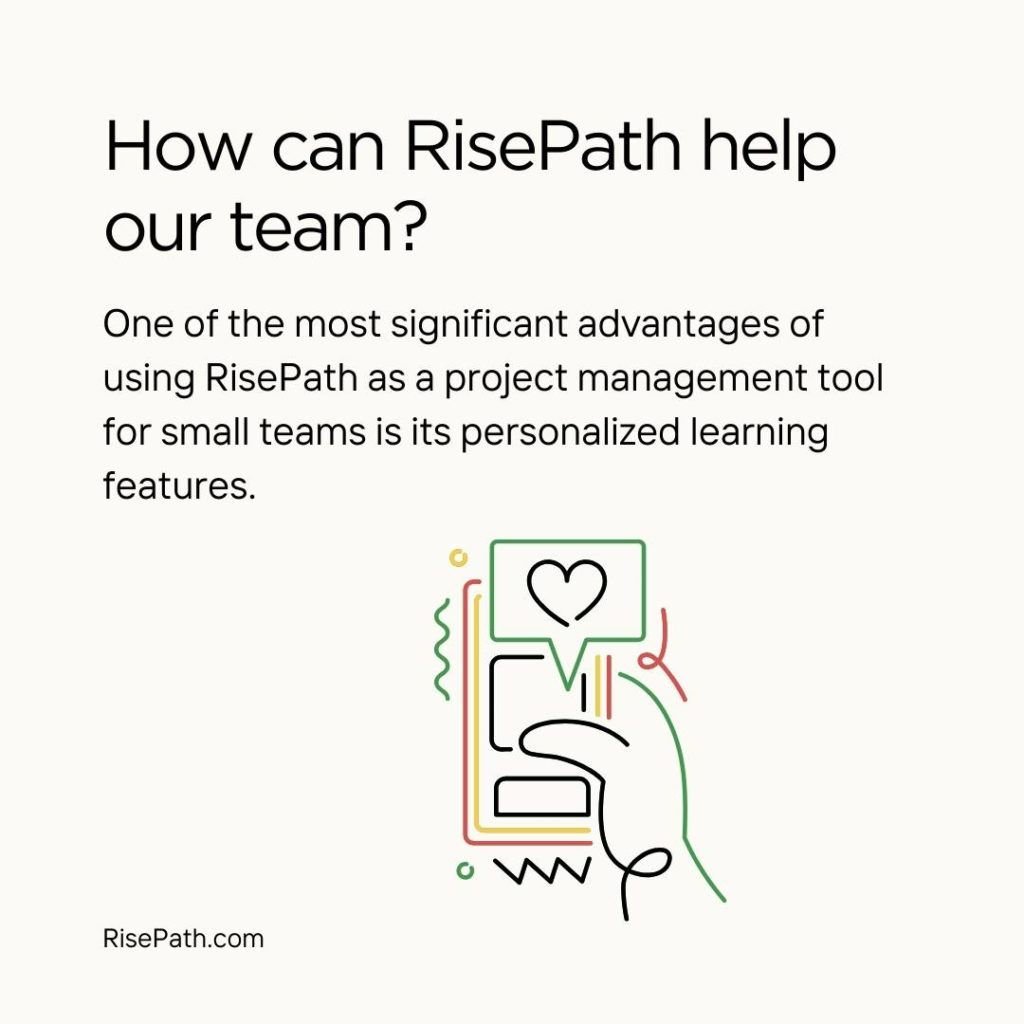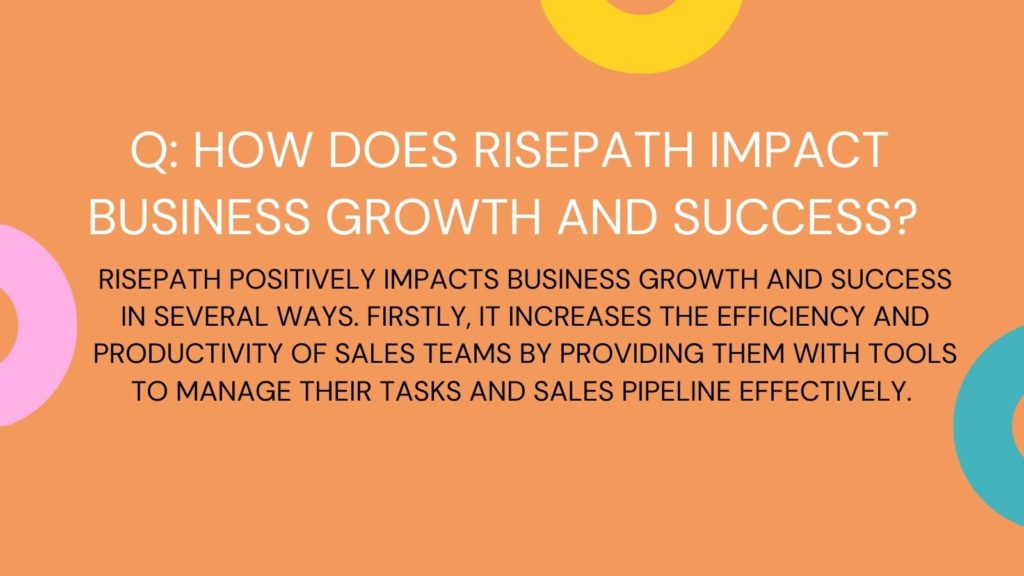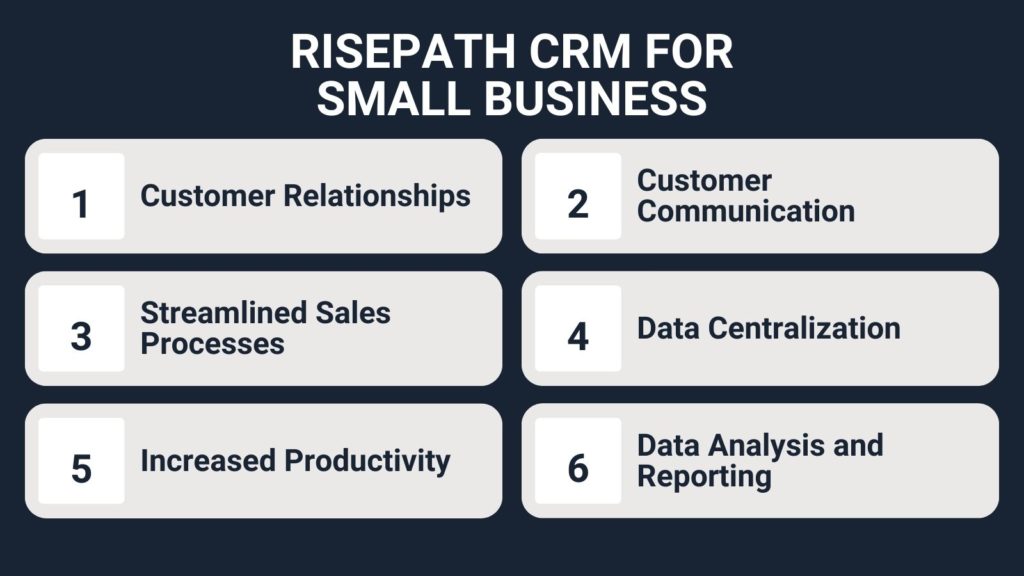Customer Relationship Management (CRM) is a strategy that businesses use to manage interactions with customers and potential customers. It involves using technology to organize, automate, and synchronize sales, marketing, customer service, and technical support processes.
CRM is essential for business growth, as it helps organizations build and maintain strong relationships with customers, improve customer satisfaction, and increase sales. Without a CRM system, businesses face several challenges that can hinder their growth and success.
Challenge 1 Management of Customer Data Without CRM
One of the major challenges of working without a CRM system is the management of customer data. Without a centralized system for managing customer data, businesses may struggle to keep track of customer interactions, purchase history, and other relevant information.
This can lead to scattered data, making it difficult to gain insights into customer behavior and preferences. Inefficient manual updates can also lead to errors and missed opportunities, resulting in wasted resources.
Furthermore, without a CRM system, businesses may struggle to measure their return on investment (ROI), making it difficult to assess the effectiveness of their sales and marketing efforts.
Challenge 2 Database management Without CRM
Another significant challenge of working without a CRM system is the lack of database management. Maintaining a manual database system can be time-consuming and inefficient, taking up valuable time that could be better spent on other tasks.
Additionally, without a centralized system for managing customer data, businesses may struggle to provide relevant information to customers and respond to their needs effectively. This can result in a lack of customer satisfaction and a negative impact on sales.
A CRM software like NetHunt CRM can effectively address these challenges by providing a centralized system for managing customer data, improving data accuracy, and streamlining business processes.
In conclusion, the challenges of working without a CRM system are numerous and can have a significant impact on business growth and success. From scattered data to inefficient processes, businesses that do not invest in a reliable CRM solution risk missing out on valuable insights into customer behavior and preferences.
Also Read: The Ultimate Guide to Keeping Your Remote Team Connected
By implementing a CRM system, businesses can improve customer satisfaction, increase sales, and streamline their operations, ultimately leading to growth and success.
Challenge 3 Lack of automation and its impact on business processes
One of the major challenges of working without a CRM system is the need for manual data entry[. This task is time-consuming, tedious, and can lead to employee dissatisfaction and reduced productivity. In addition, manual data entry is prone to errors, which can have a significant impact on business processes.
Over 40% of businesses have reported issues with data accuracy due to manual data entry. This can lead to missed sales opportunities, reduced customer experience, and inefficient organizational silos.
Without a CRM system, sales processes can become inefficient and ineffective. Sales teams may spend a significant amount of time on repetitive and tedious tasks, such as manually searching for customer information and updating records.
This can lead to inconsistent sales processes and waste resources on manual tasks, making it difficult to track sales performance. Furthermore, the lack of a centralized system for managing customer data can result in scattered data, making it challenging to identify trends and opportunities.
Another significant challenge of working without a CRM system is the inability to automate marketing campaigns. Marketing automation can help businesses streamline their marketing efforts, improve lead generation, and increase revenue.
Without a CRM system, businesses may struggle to manage and track their marketing campaigns. This can lead to missed opportunities and reduced ROI. In addition, delays in commission payments can occur due to the slow manual implementation of marketing campaigns.
Overall, the lack of automation due to the absence of a CRM system can significantly impact business processes, including sales, marketing, and customer service. The challenges of working without a CRM system can lead to missed opportunities, reduced productivity, and decreased revenue.
Implementing a CRM system can help businesses overcome these challenges by providing a centralized system for managing customer data, improving data accuracy, and automating marketing campaigns.
Challenge 4 Difficulty in measuring and analyzing customer data
One of the biggest challenges of working without a CRM system is the inability to identify customer trends[15]. Without access to valuable customer data, businesses may miss out on critical insights that could inform strategic decision-making.
Manual tracking of customer interactions can lead to data quality issues, including duplicate records and outdated information.
This can make it difficult to identify patterns and trends in customer behavior, such as changes in purchasing habits, preferences, or needs. As a result, businesses may struggle to develop effective marketing and sales strategies that resonate with their target audience.
In addition to the challenges of identifying customer trends, working without a CRM system can also lead to a lack of insights into customer behavior. Without access to centralized customer data, businesses may struggle to understand how customers interact with their brand across different channels and touchpoints.
This can make it difficult to personalize marketing and sales efforts, resulting in lower engagement and conversion rates. Furthermore, without insights into customer behavior, businesses may struggle to identify areas for improvement in their customer experience, leading to a stagnant customer experience.
Also Read: CRM vs CMS: Which One Is Right for You Small Business?
Another challenge of working without a CRM system is inefficient sales forecasting. Without access to accurate and up-to-date customer data, businesses may struggle to forecast sales and revenue accurately.
This can lead to missed opportunities, such as failing to capitalize on seasonal trends or changes in consumer behavior. Manual tracking of customer interactions can also be time-consuming and inefficient, leading to lost productivity and wasted resources.
By investing in a comprehensive CRM system, businesses can overcome these challenges and gain valuable insights into customer behavior, enabling them to make data-driven decisions and improve their overall performance[6].
Challenge 5 Difficulty in managing customer relationships
One of the significant challenges of working without a CRM is the inability to personalize customer interactions. Without a centralized system to store and track customer information, salespeople may struggle to remember important details about each customer, leading to impersonal interactions.
A CRM system allows businesses to collect and analyze customer data, enabling them to create personalized experiences for each customer. This personalization can lead to enhanced customer satisfaction, increased customer loyalty, and ultimately, higher revenue.
Limited customer engagement is another challenge that businesses face when working without a CRM. Without a centralized system to manage customer interactions, businesses may struggle to keep track of customer inquiries, complaints, and feedback.
This lack of engagement can lead to missed opportunities to address customer concerns, resulting in dissatisfied customers and lost business. A CRM system can help businesses manage customer engagement by providing a central platform to track customer interactions and ensuring that all customer inquiries are addressed promptly.
Difficulty in retaining customers is another significant challenge of working without a CRM. Without a centralized system to manage customer data, businesses may struggle to identify and address customer needs, leading to a higher churn rate. A CRM system can help businesses retain customers by providing insights into customer behavior, preferences, and needs.
This information can be used to create targeted marketing campaigns and personalized experiences, leading to increased customer loyalty and retention. By not investing in a CRM system, businesses risk losing customers to competitors who are better equipped to provide personalized experiences and address customer needs.
Challenge 6 Impact on customer service
One of the major challenges of working without a CRM system is the inability to provide timely and effective support to customers. Without a consistent format for collecting and organizing customer data, support teams may struggle to access the information they need to resolve issues efficiently.
This can lead to longer wait times for customers and decreased satisfaction with the service they receive. In a highly competitive market, providing timely and effective support is essential for businesses to retain customers and build a positive reputation.
Another challenge of working without a CRM system is limited ability to resolve customer issues[4]. Without a centralized system for managing customer data, businesses may struggle to track customer interactions and history, making it difficult to identify and address recurring issues.
This can lead to frustrated customers who feel their concerns are not being taken seriously. In contrast, a CRM system can provide a comprehensive view of each customer’s history, enabling support teams to quickly identify and address issues, leading to increased customer satisfaction.
Difficulty in tracking customer feedback is another challenge of working without a CRM system. Manual methods of collecting and tracking feedback, such as spreadsheets or paper forms, can be time-consuming and error-prone.
This can lead to missed feedback and a lack of visibility into customer sentiment. In contrast, a CRM system can automate the collection and tracking of feedback, providing businesses with valuable insights into customer needs and preferences.
By utilizing a CRM system, businesses can improve their ability to respond to customer feedback and adapt to changing market conditions, ultimately leading to increased customer loyalty and revenue.
Challenge 7 Impact on sales and marketing
Working without a CRM can severely impact a business’s ability to identify sales opportunities. Without a centralized system for tracking leads and prospects, businesses may struggle to effectively follow up on potential sales, leading to missed opportunities and lost revenue.
In addition, without a CRM, measuring the performance of the sales team becomes guesswork. Sales managers are left in the dark about who is meeting their targets, making it difficult to identify areas for improvement and optimize the sales process.
Another significant challenge of working without a CRM is the limited ability to target marketing campaigns. Without a centralized database of customer information, businesses may struggle to segment their audience effectively and deliver personalized messaging.
This can result in wasted marketing spend and lower ROI. Additionally, without a CRM, measuring marketing ROI becomes guesswork. It is challenging to attribute revenue to specific campaigns or channels, making it difficult to make informed decisions about future marketing investments.
Also Read: RisePath The Most Simple & Effective Project Management Software
Working without a CRM can also result in disorganized and scattered data[8]. Without a consistent format for collecting and organizing data, businesses may struggle to maintain data quality and accuracy[.
This can lead to incomplete or outdated customer information, making it difficult to make informed business decisions. Additionally, without a centralized system for capturing ROI data, businesses may miss out on valuable insights and opportunities for optimization.
In summary, the challenges of working without a CRM can significantly impact a business’s sales and marketing efforts, making it difficult to achieve success and growth.
Conclusion and recommendations
The challenges of working without a CRM can have a significant impact on a business’s success, as highlighted by the scattered data, manual updates, and poor team collaboration. Without a centralized system for managing customer data, businesses can struggle to keep track of customer information, leading to inefficiencies and lost opportunities.
However, businesses can overcome these challenges by implementing a CRM software solution, which can provide a consistent format for collecting and organizing data, improve data accuracy, and facilitate collaboration among team members[6].
To effectively implement a CRM software solution, businesses should consider several recommendations, including selecting a CRM that aligns with their business needs, ensuring proper training for team members, and regularly evaluating and optimizing the system.
A CRM like RisePath CRM can effectively address the challenge of being unable to track sales team performance, leading to growth. By adopting a CRM solution, businesses can benefit from improved customer relationship management, streamlined processes, and increased efficiency.
The adoption of CRM software can also lead to significant business growth, as businesses can better understand their customers’ needs, preferences, and behaviors.
By leveraging this information, businesses can tailor their marketing and sales efforts, leading to increased customer satisfaction and sales.
According to a report published on non-CRM adopters, more than 50% of small enterprises fail in the very first year, and greater than 90% of them fail within the first five years.
By adopting a CRM solution, businesses can avoid becoming part of these statistics and instead achieve long-term success.
Tips And Best Practices
Leverage Excel or Google Sheets for Basic CRM Functions
Use spreadsheets to track customer interactions, manage leads, and create simple sales pipelines. You can create columns for contact information, lead status, and communication history. For example, you can use Excel to create a basic lead tracking sheet with columns for lead name, contact information, last interaction, and next steps.
Implement a Tagging System for Customer Segmentation
Use a tagging system within your email platform or spreadsheet to segment customers based on their interests, purchase history, or engagement level. For instance, you can tag customers as “prospective,” “repeat buyer,” or “interested in X product.” This allows for targeted communication and marketing efforts despite the lack of a full CRM system.
Regularly Back Up Customer Data
Without a CRM, data can be at risk if it’s not properly backed up. Regularly export and save your customer data from spreadsheets or email platforms to secure locations, such as cloud storage or external hard drives. This ensures that important customer information is not lost in case of system failures or accidental deletions.
Utilize Email Marketing Platforms for Customer Communication
Email marketing platforms like Mailchimp or Constant Contact can serve as a substitute for CRM systems when it comes to managing customer communication. These platforms allow you to store contacts, track email open rates, and automate follow-up emails based on customer behavior.
Set Regular Manual Reminders for Follow-Ups
In the absence of automated CRM reminders, use calendar apps or task management tools to manually set reminders for following up with leads or engaging with existing customers. This ensures that important touchpoints with customers are not missed, helping to maintain relationships and drive sales.
In conclusion, the challenges of working without CRM software can have a significant impact on a business’s success. Without centralized customer data, efficient segmentation, and tracking of customer interactions, businesses may struggle to provide personalized customer interactions, engage with customers effectively, and retain customers.
Additionally, the lack of automation can lead to inefficient sales processes, manual data entry, and an inability to automate marketing campaigns. The difficulty in measuring and analyzing customer data can also result in an inability to identify customer trends, lack of insights into customer behavior, and inefficient sales forecasting. Ultimately, the impact on customer service, sales, and marketing can be significant.
Therefore, it is essential for businesses to implement CRM software to streamline processes, personalize customer interactions, and drive growth. By adopting CRM, businesses can identify sales opportunities, target marketing campaigns, and measure marketing ROI, leading to increased customer satisfaction, retention, and business success.








Comments are closed, but trackbacks and pingbacks are open.